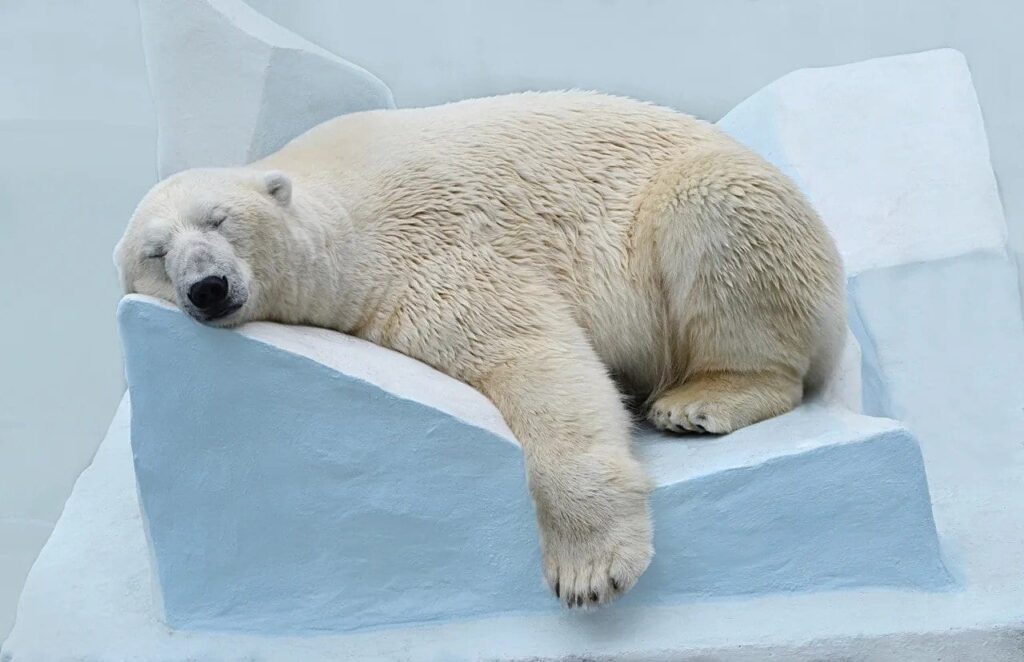
Biohacking Insomnia How Lowering Body Temperature Helps You Sleep

By Brian Rose
Many factors affect the quality of sleep, and it is commonly said to avoid caffeine-containing drinks at night to have a good night’s sleep. But there is a strong relationship between sleep and temperature. Core body temperature and sleep are intimately connected. It is proven that the body’s temperature regulation, which is known as thermoregulation, follows the 24 hourly circadian rhythms. Sleep is most likely to be induced at night when the core body temperature falls and much less likely to occur when the temperature is more. The environment where we sleep plays a huge role in our sleep quality. It is the reason why our bodies are comfortable during sleep when the surrounding environment’s temperature is not too hot. The body has its natural temperature control mechanisms, but during sleep (REM) these are turned off which lets the body temperature be determined by the surrounding environment’s temperature.
The Role of Temperature in Sleep
Changes in body temperature play a vital role in natural sleep-wake cycles. At night or two hours before sleep, a sleep hormone known as melatonin is released by the brain (pineal gland), which lowers the body temperature. The body starts to lose heat under the melatonin action, which initiates feelings of exhaustion and tiredness. Peripheral parts of our body, including hands, feet, and face, play the main role of losing heat. The temperature of these parts first rises as the heat from the central body is transferred towards the peripheries, and then they lose heat to the surrounding air via the skin. The blood vessels in these areas of the skin dilate, increasing blood flow to the surface of the peripheral body parts. This vasodilation will transfer the body’s heat to the surrounding air, which is cooler than the skin. After lying in bed, the temperature starts to decrease rapidly, lowering the overall body temperature a degree or two more than it is in the morning.
Studies have proven that a drop in body temperature is necessary for the onset of sleep, and lowered temperatures help sustain the night’s sleep. Lowering body temperature by only 1-degree centigrade by putting on cooling clothes decreases the time taken for onset of sleep, lowers the chance of waking up in the middle of the night, and can even help sleep longer. Similarly, having a room with a cooler temperature, which helps lower core body temperature, will also initiate sleep. Therefore it is also important to avoid such activities, which raise your body temperature like strenuous exercise. It will increase the metabolism, which generates heat in the body, making it harder for the body to lower its temperature and initiate sleep.
Various studies have been conducted on people suffering from insomnia. Among various reasons behind their insomnia, one comes out to be the warmer core body temperature. Insomniacs have a warmer body temperature consistently before the initiation of sleep in comparison to normal adults. Due to this, they are in a state of heightened arousal and have to wait for their bodies to lose heat, keeping them awake when they go to bed.
What is Ideal Temperature for Sleeping?
Trying to sleep when you are too cold or too hot is difficult. Our bodies crave a comfortable temperature for sleeping, and for achieving that ideal body temperature, the surrounding temperature must be cooler than the body. Studies have also shown that environmental heat can disturb the balance between body temperature and sleep. Experts say that ambient room temperature is between 60 to 68 degrees Fahrenheit for sleeping. At this temperature, the body will naturally set its temperature at 97 to 98 degrees Fahrenheit. Throughout the day, the body temperature of healthy adults varies between 98 to 100 degrees Fahrenheit. Any major variation in this temperature will affect sleep quality and result in disturbed or fragmented sleep.
Why are Hot Nights Uncomfortable?
Apart from so many problems on a hot night, disturbed sleep is one of them. You might have a chance to experience that type of irritable or disturbed sleep if you slept in a hot room. Increased heat increases the metabolic rate of the body, which generates heat increasing the core body temperature. The hot temperature of the surrounding air also reduces the heat loss from the skin. These factors prevent the lowering of core body temperature essential for sound sleep. Moreover, the hot temperature will cause sweating, which is another factor leading to disturbed sleep. As a result, a person wakes up in the morning with fatigue and irritability.
Ways to Achieve Optimal Body Temperature for Sleeping
The best way to achieve optimal body temperature is to set the bedroom temperature around 65 degrees Fahrenheit. Some people who have difficulty sleeping also use melatonin supplements that help lower body temperature and give a good night’s sleep. A fan can also help in evaporating cooling of the skin surface. Bath or shower with warm water before going to bed causes vasodilation, eventually helping in heat loss from the body. A mattress or pillow acts as an insulator and prevents heat loss from the body, so consider alternate options. Investing in a mattress that promotes heat loss from the body is a good option. Chilipad is a system that helps to control body temperature through the sleep cycles in bed. You can invest in this system, which will surely give you the benefits of sound sleep. Lastly, try to stay hydrated because dehydration will also lead to disturbed sleep at night.
Conclusion
Temperature regulation is essential for a good night’s sleep. Besides the body’s natural thermoregulatory mechanism that operates with the circadian rhythm, it is vital to adjust the surrounding conditions in a way that favors thermoregulation. Sleep deprivation is not only harmful to health, but it also has an impact on your performance at work. Your mind will not work properly and act without having a good night’s sleep. Therefore taking steps for good and uninterrupted sleep is crucial.
Author Brian Rose Founder and CEO
This revelation led me on a journey that revealed to me how I could lead a life full of vitality and increased longevity, without giving up my dreams. Equipped with new energy and a fully powered mind, I created a company that could help others begin their neural enhancement journey to realize their biggest dreams. Built on the foundation of a passion for personal wellness and success, KIYA Longevity was born.
References
- https://www.nytimes.com/2009/08/04/health/04real.html
- https://theconversation.com/too-hot-to-sleep-heres-why-11492
- https://www.dreams.co.uk/sleep-matters-club/fall-asleep-easily-cool/
- https://nitethrusleep.com/the-best-temperature-for-sleep-why-body-temperature-changes-at-night/
- https://www.sleepscore.com/how-temperature-affects-sleep/
- https://w3.unisa.edu.au/unisanews/2004/June/insomnia.asp

